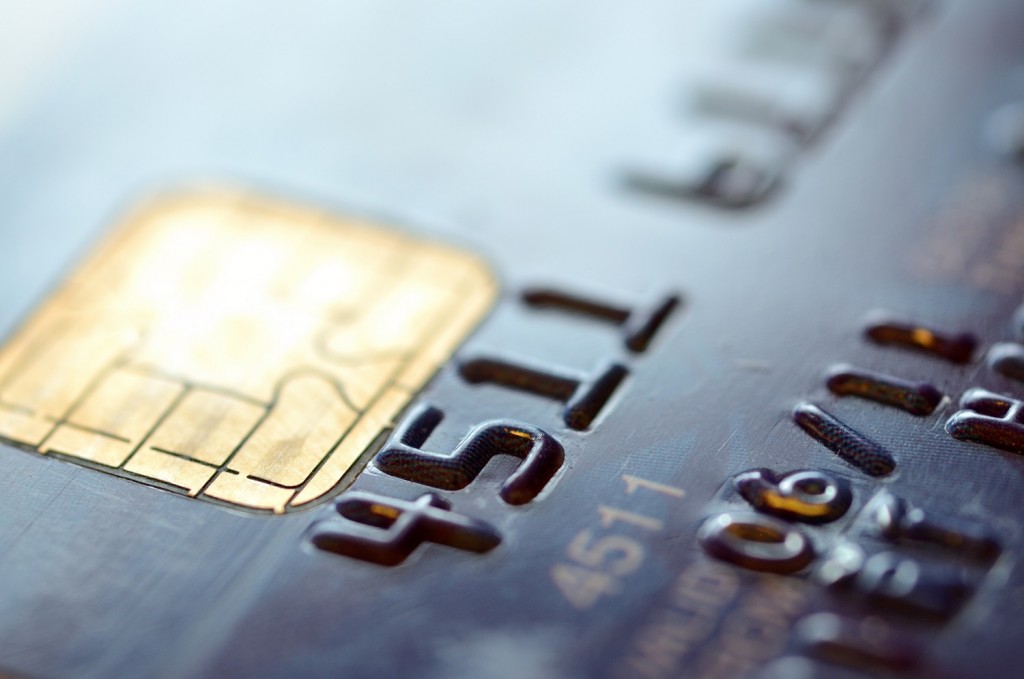News
Brits becoming more reliant on credit cards for everyday essentials

Spending on essentials rose 12% last month compared to a year earlier, but 38% of shoppers said they used their credit cards to help them make it to payday.
Nationwide Building Society’s monthly Spending Report found that consumers spent 10% more last month than in February 2022, with spending on essential items rising 12% year on year and increasing 9% on non-essentials.
The amount spent during February reached nearly £3.97bn as inflation and rising bills meant more household income was being used on essentials like food and housing.
Energy costs rise
Utility bills were eating up a greater proportion of the household budget, with consumers forking out 34% more in February than a year earlier. Spending on childcare and education was up 6% year on year.
Non-essentials included outlays for holidays (up 19%) and airline travel (up 34%) and socializing at restaurants and bars (up 11%). But consumers did cut back on subscriptions like magazines or Netflix (down 3% from February 2022 and down 20% from January 2023).
Broadband and mobile phone services were other areas marked for cutbacks: 19% said they had already reduced or cancelled their broadband while 20% had reduced their phone bills.

Wellness and wellbeing holidays: Travel insurance is essential for your peace of mind
Out of the pandemic lockdowns, there’s a greater emphasis on wellbeing and wellness, with
Sponsored by Post Office
Buying on credit
A separate Nationwide poll of more than 2,000 people across the UK found that 63% of respondents worried about being able to purchase essential items. While that was an improvement from a previous survey, nearly 40% now say they had to use credit cards in the past six months to pay for supermarket food shopping (29%), dining out (14%), charging an electric car or buying fuel (13%).
The figures were even higher in the younger age bracket as 57% of respondents aged 18-34 said they had to charge essential items. That applied to just 21% of people 55 and above. Salary didn’t make a huge difference: 40% of those earning up to £25,000 said they relied on paying with plastic with 44% of those earning between £45,001-£55,000 doing so.
Regional differences
In a possible reflection of regional cost-of-living factors, Londoners were the most likely to need to resort to credit cards to cover essentials (45%) with those in the South West relying on them the least (25%).
Mark Nalder, payments strategy and performance director at Nationwide, said: “We’re continuing to see annual growth in consumer spending and, while that can partly be put down to rising costs and inflation, we’re also recording year-on-year growth in the level of transactions made across both essential and non-essential spending.
“This shows that despite rising costs, households are clearly looking to strike the balance between being fiscally responsible and still being able to spend money on themselves.
“However, our research shows that while the number of people worried about their finances has fallen slightly, there are people relying on credit as a way of bridging the gap for essential bills. We’d urge anyone struggling to talk to their bank or building society as early as possible for support.”